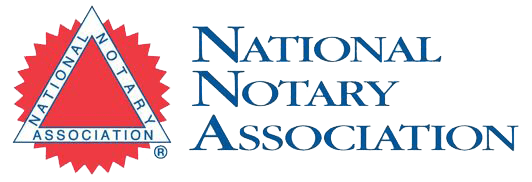frequently asked questions
Welcome to our FAQ page! Here, we address common inquiries about our notary services to provide you with clarity and guidance. Explore the questions below to learn more about our process, requirements, and how we can assist you. If you have any further questions, feel free to reach out to us directly.
What is the role of a notary public?
A notary public is authorized by the state government to witness and certify the signing of important documents. They verify the identity of signers and ensure the documents are signed willingly and knowingly.
Are notaries public attorneys?
No, notaries public are not attorneys. While they are authorized to perform certain legal functions, such as witnessing document signings and administering oaths, they are not licensed to practice law or provide legal advice.
Can a notary public provide legal advice?
No, notaries public cannot provide legal advice. They are prohibited from interpreting the contents of documents, providing instructions on completing documents, or offering advice on the appropriateness of signing specific documents.
How can I verify the authenticity of a notarized document?
You can verify the authenticity of a notarized document by checking for the notary public’s seal and signature. Additionally, you can contact the notary’s commissioning authority or the Secretary of State’s office to confirm their credentials.
Can a notary public refuse to notarize a document?
Yes, a notary public has the right to refuse to notarize a document if they have reason to believe it is fraudulent, incomplete, or improperly executed. They may also refuse if the signer is unwilling or unable to provide satisfactory identification.
Is notarization required for all documents?
Notarization is not always required for documents. However, certain types of documents, such as real estate transactions, wills, and powers of attorney, often require notarization to be legally valid. It’s best to consult with a notary or legal professional to determine if notarization is necessary for your document.
Can a notary public notarize documents in a language other than English?
In some cases, a notary public may be able to notarize documents written in languages other than English. However, the notary must be able to understand the content of the document and ensure that the signer understands what they are signing. It’s best to inquire with the notary about their language capabilities before scheduling an appointment.
How long does notarization last?
Notarization typically lasts indefinitely, as long as the document remains valid and unchanged. However, some institutions may require notarized documents to be completed within a certain timeframe, so it’s essential to verify any specific requirements with the recipient of the document.
Disclaimer!
We are not licensed attorneys and, therefore, as per legal regulations, we are unable to offer explanations or interpretations of document contents, provide instructions on completing documents, or offer advice on the appropriateness of signing specific documents. Engaging in such activities would constitute unauthorized practice of law and could result in legal repercussions, including potential legal action. If you have important questions about your document, we recommend consulting a lender, title company, or qualified attorney for guidance.







